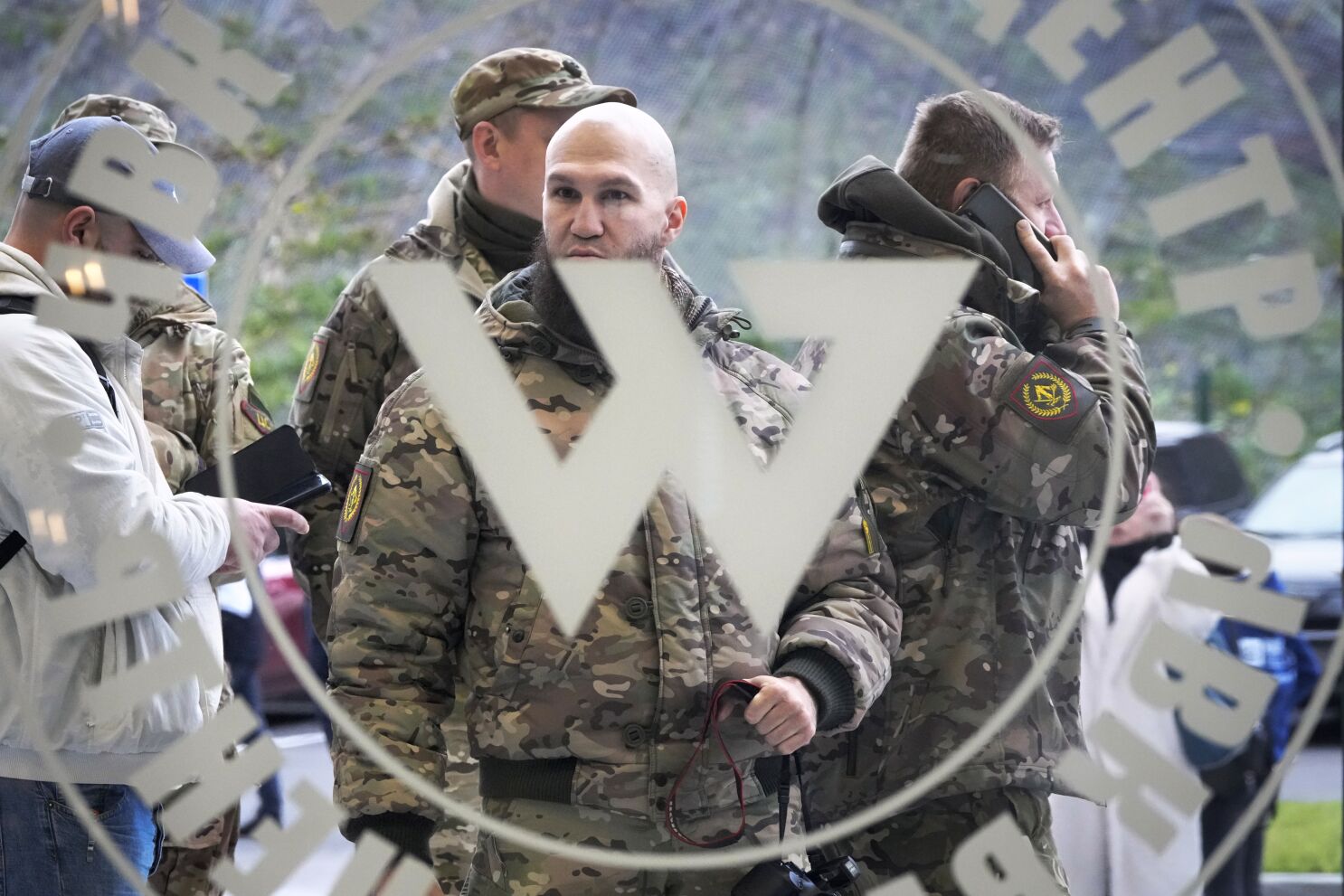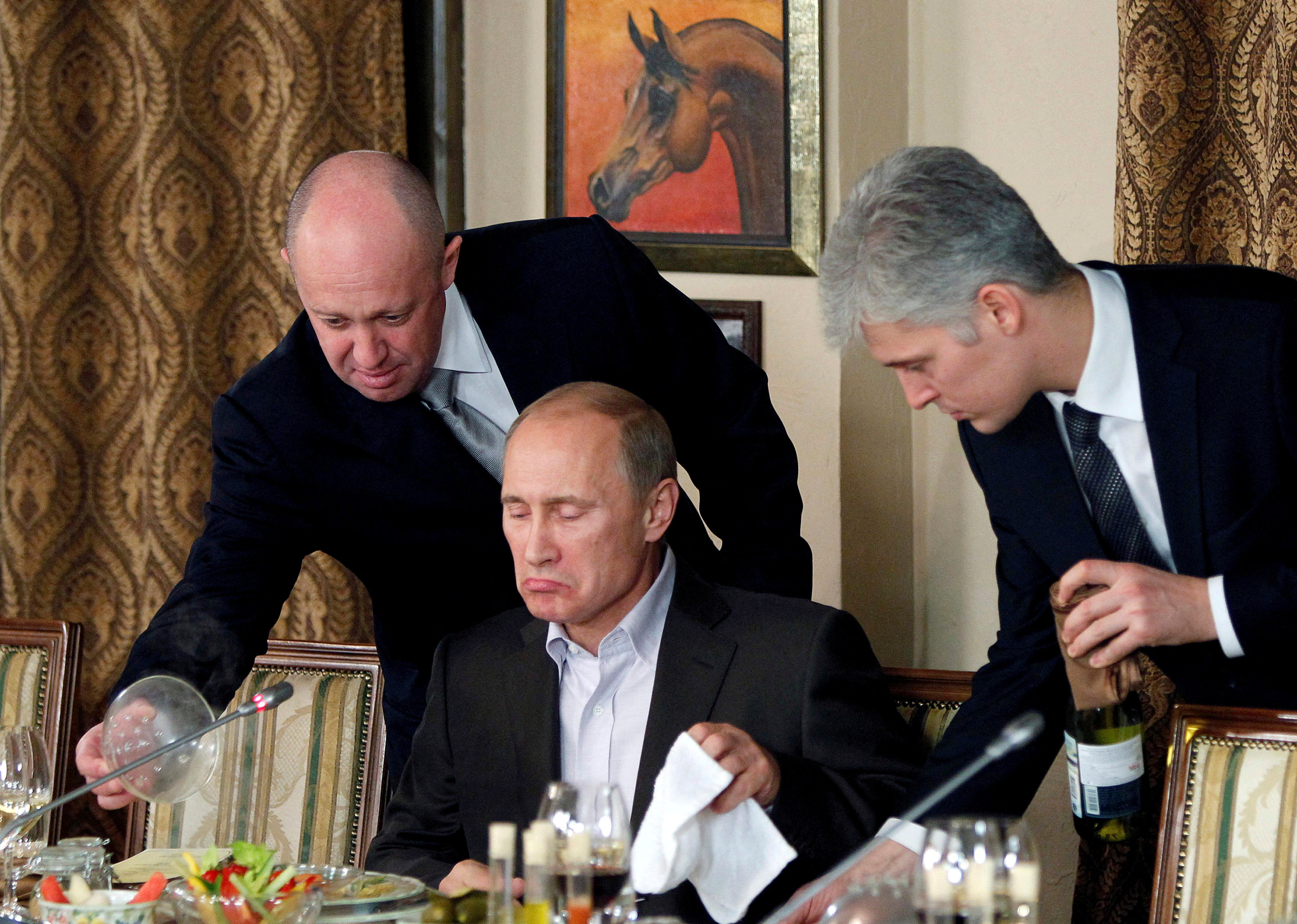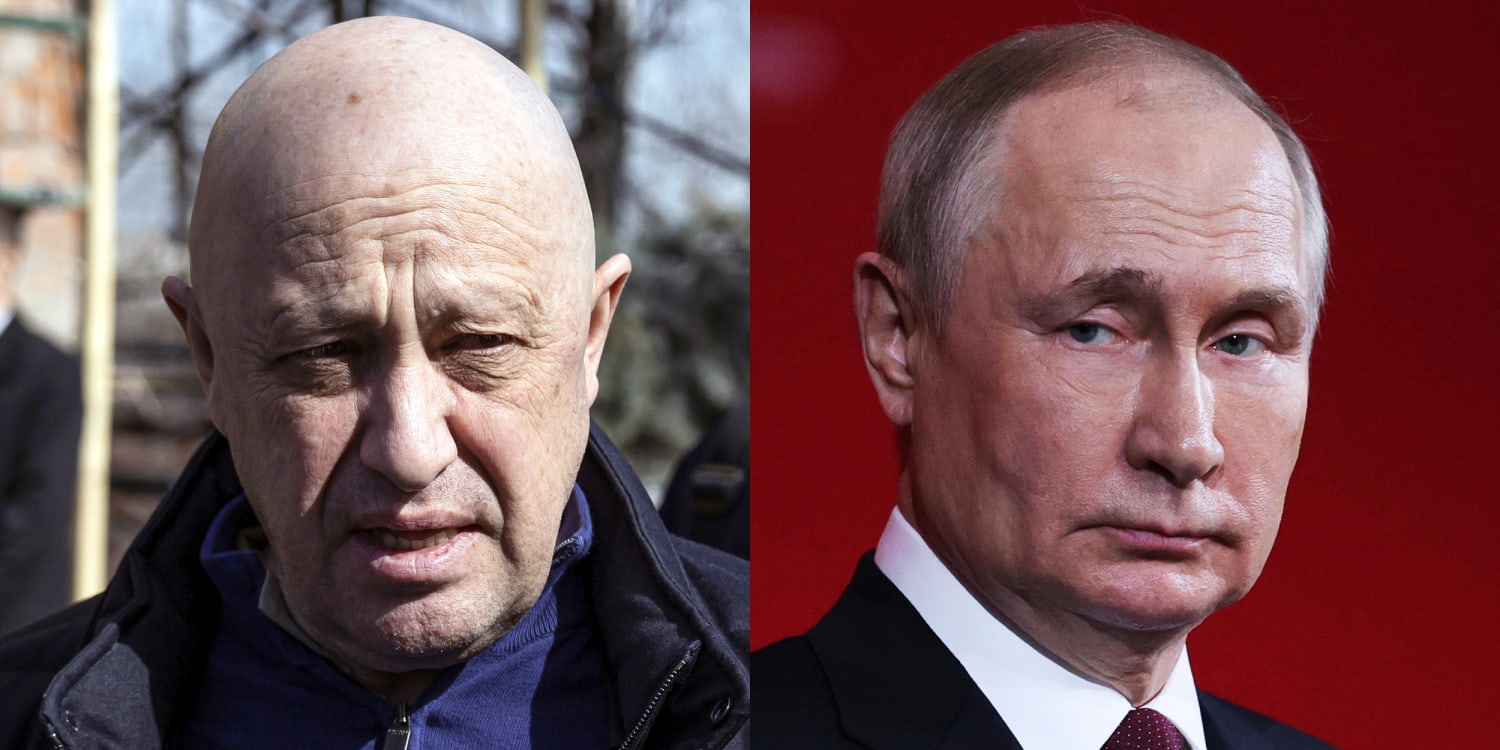Putin’s TV Address: Wagner Group’s Actions a Betrayal of Russia

Putin’s TV Address: Wagner Group’s Actions a Betrayal of Russia
Vladimir Putin, the President of Russia, addressed the country after a warning from the commander of a mercenary group to remove the Defence Ministry’s leadership due to claimed inefficiency.

Vladimir Putin, the President of Russia, began his speech on television on Saturday after Yevgeny Prigozhin, the head of the Russian mercenary army, warned that Russia should dismiss the Defence Ministry’s leadership due to its alleged inefficiency.
In a significant television address, Russian President Vladimir Putin publicly denounced the actions of the notorious private military company known as the Wagner Group, referring to their recent conduct as a mutiny and an act of treason against the Russian state.
The President’s remarks shed light on the increasingly complex relationship between the Kremlin and the controversial mercenary organization, whose activities have raised domestic and international concerns.

“Everyone who fought the troops with weapons is a traitor. Will exhaust all options to safeguard Russia. “Wagner chief ‘betrayed’ Russia out of personal ambition,” Putin said in a speech to the nation.
He further said that while a mercenary leader leads an armed insurrection, Russia is engaged in “the toughest battle for its future.”
In the crucial southern city, “armed rebellion by Wagner chief blocked civilian, military governing bodies,” Putin said.
The Wagner Group and its Controversies:
The Wagner Group, led by the shadowy figure Yevgeny Prigozhin, has gained notoriety in recent years for its involvement in various conflicts worldwide. Composed primarily of ex-military personnel, this private military company has been linked to operations in Syria, Ukraine, Libya, and other regions of strategic interest to the Russian government. Although the Kremlin has never officially acknowledged the existence of the Wagner Group or its connection to the state, mounting evidence suggests close ties between the organization and the Russian military establishment.

The Alleged Mutiny:
The incident that prompted President Putin’s televised address was a reported mutiny within the ranks of the Wagner Group. Details remain sketchy, but according to sources, a group of mercenaries disobeyed orders and engaged in unauthorized activities that directly contradicted the interests of the Russian state. These actions were allegedly carried out without the knowledge or approval of the Russian military command, raising concerns about the loyalty and discipline of the Wagner Group.
President Putin’s Address:
During the nationally televised address, President Putin expressed his deep disappointment and anger at the Wagner Group’s mutiny, emphasizing the gravity of their actions. He labelled their conduct as treason, highlighting that it jeopardized the security and reputation of Russia. The President clarified that such defiance would not be tolerated and vowed to take decisive measures to address the situation.

Implications and Repercussions:
President Putin’s condemnation of the Wagner Group carries significant domestic and international implications. Domestically, it underscores the Kremlin’s commitment to maintaining control and discipline within the Russian military apparatus. By denouncing the mutiny, Putin seeks to reassert his authority and maintain the loyalty of military personnel while discouraging any future acts of insubordination.
On the international stage, Putin’s remarks are likely aimed at managing the fallout caused by the Wagner Group’s actions. The mercenary company’s controversial operations have often attracted negative attention and accusations of human rights violations. The President’s public reprimand signals that Russia, as a nation, does not endorse or condone the unauthorized activities of private military contractors.
Furthermore, Putin’s televised address may be an attempt to distance the Russian state from the Wagner Group’s actions. By portraying the mutiny as treason against the country, the President aims to establish a narrative that separates the Russian government from any potential legal or political consequences resulting from the mercenary group’s activities.The Russian Ministry of Defence has notified Wagner fighters that they were duped and participated in illegal activity. According to Reuters, they are recommended to contact their representatives and law enforcement agencies for more support.The ministry asked Wagner fighters to get in touch with its representatives and those of law enforcement agencies in a message shared on Telegram and pledged to ensure their protection.

According to reports in the media, the Wagner Group has so far destroyed three Russian helicopters.Sergei Sobyanin, the mayor of Moscow, declared on Saturday that “anti-terror” measures were being implemented in the Russian capital due to the commander of the mercenary company Wagner pledging to overthrow the government’s military establishment.He added that anti-terrorist actions aimed at enhancing security are being done in conjunction with the information arriving in Moscow.
President Vladimir Putin’s televised denouncement of the Wagner Group’s mutiny as an act of treason highlights the growing tension surrounding the private military company’s activities. The Kremlin’s efforts to maintain control over military affairs and disassociate itself from the actions of the Wagner Group indicate a complex relationship between the Russian state and these controversial mercenaries. As the situation unfolds, what measures President Putin will take to address this mutiny and assert control over such private military actors remains to be seen.





